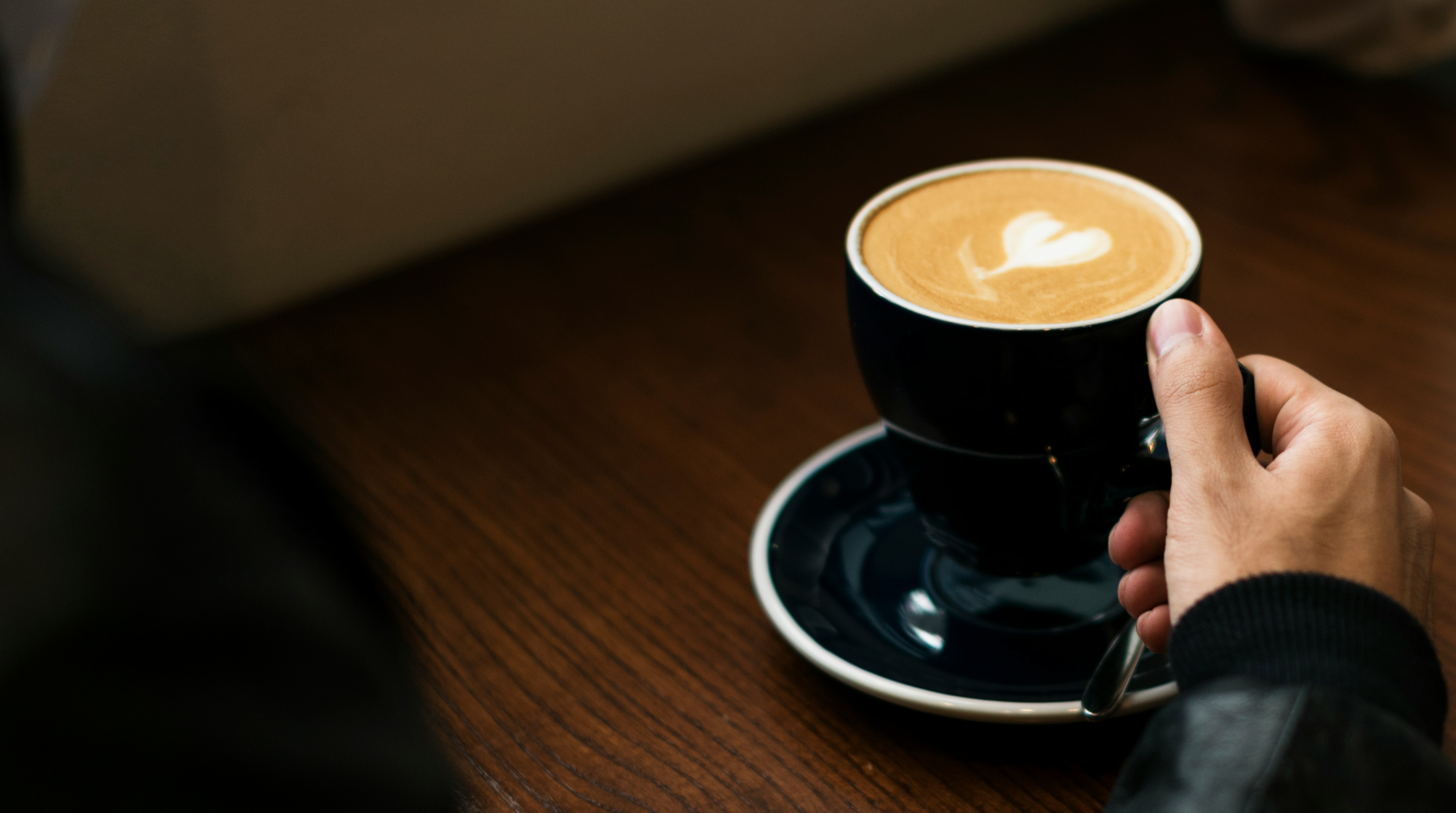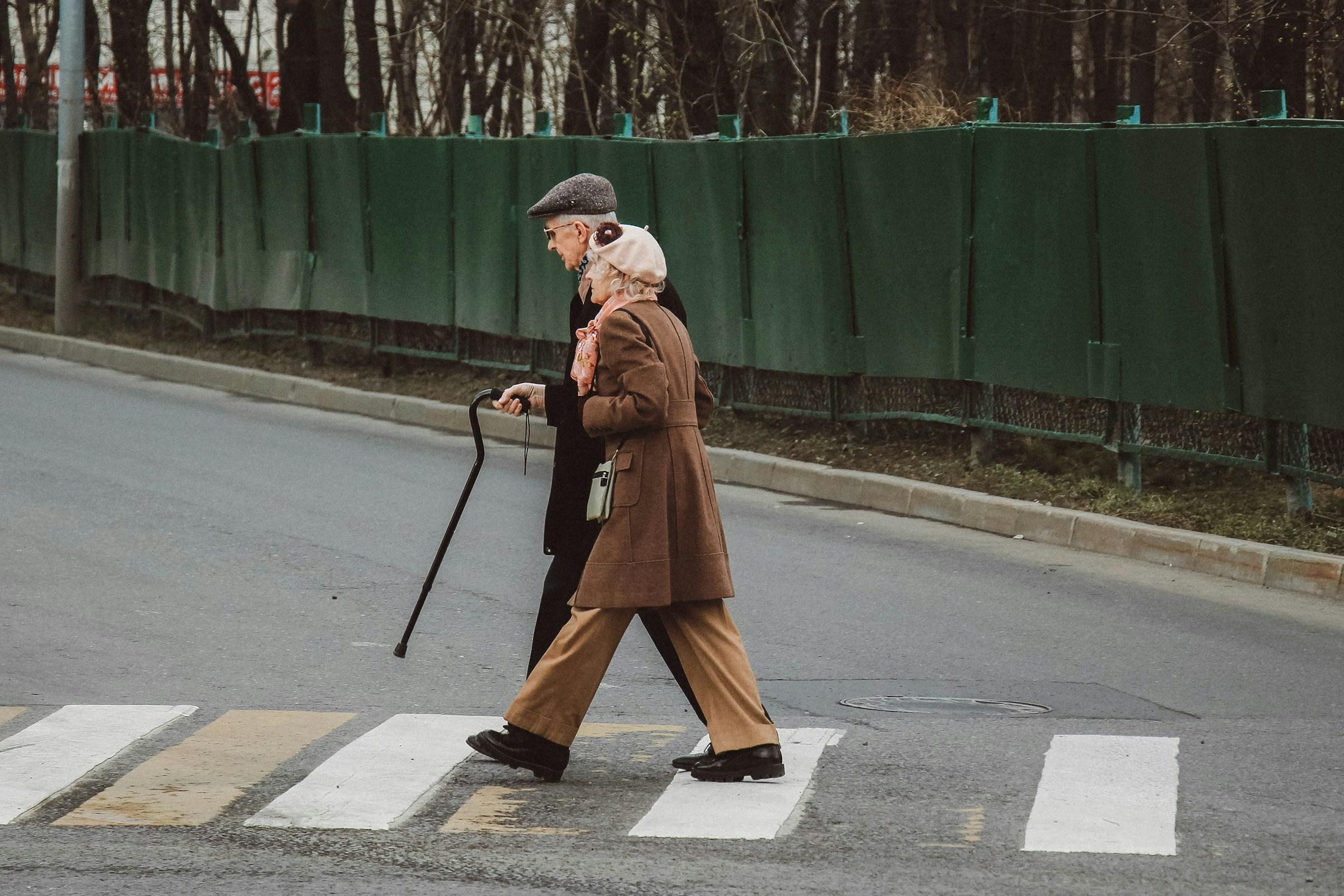If you are holding a cup of coffee while reading this, you are not alone. For many working adults, whether in Singapore, Hong Kong, London, or any other busy city, that first cup signals the real start of the day. It is a ritual, a comfort, and sometimes the only quiet moment between waking up and the first meeting. Because it feels small and familiar, it rarely appears in conversations about retirement, home ownership, or children’s education. Yet the way you handle your daily coffee habit can quietly shape your budget, and over time, your financial future.
The point is not that coffee is a bad expense or that you should feel guilty each time you tap your card. The deeper issue is how easily small, repeated purchases slip beneath your mental radar. You would probably think twice before buying a very expensive gadget on impulse. You might hesitate over a luxury holiday. But when it comes to a five or seven dollar drink, the decision happens almost without thought. You tap, you walk away with your drink, and by midday you barely remember that the transaction occurred. Your bank balance remembers, however, and so does your long term financial picture.
It becomes easier to see the impact once you translate feelings into numbers. Imagine you pick up a coffee on the way to work every weekday, and each cup costs the equivalent of five to seven Singapore dollars. In many central business districts, that range is entirely realistic. Over one week, that adds up to about 25 to 35 dollars. Over one month, you are looking at around 100 to 140 dollars. Over a full year, the total may sit between 1,200 and 1,700 dollars, even before you add occasional pastries, weekend treats, or that mid afternoon iced coffee on a stressful day. On its own, this figure may feel manageable. The real question becomes what else that same amount could be doing for you if it were directed more intentionally.
When you think of your future self, that version of you does not see single cappuccinos or iced lattes. Your future self experiences the overall effect. That effect could be a smaller emergency fund, slower progress on repaying debt, fewer top ups to retirement accounts, or a delayed start to investing. In a world where housing costs, childcare, healthcare, and education place significant pressure on household budgets, it is the recurring, almost invisible decisions that often make the difference between feeling in control and feeling constantly behind.
One helpful way to see your coffee habit clearly is to place it inside your overall cash flow instead of treating it as a separate topic. You can think of your spending as three layers. The first layer is essentials: housing, utilities, basic groceries, transport, insurance premiums, and minimum loan repayments. The second layer is your safety and stability: contributions to an emergency fund, sinking funds for known future expenses such as annual insurance premiums or planned home repairs, and any additional repayments on debt. The third layer is lifestyle and growth: investments, travel, hobbies, dining out, entertainment, subscriptions, and of course, coffee.
If your essential and safety layers are well funded, a daily coffee becomes a conscious lifestyle choice rather than a financial risk. You have already taken care of the foundations that protect you against emergencies and support your long term objectives. The tension arises when the lifestyle layer grows large while the safety and growth layers remain thin. In that situation, the problem is less about any one coffee and more about the order in which your money is being allocated. You are paying for comfort today before you have secured basic resilience for tomorrow.
A simple checkpoint is to examine what proportion of your take home pay goes into each layer. As a rough starting point, many people aim for about half of their net income toward essentials, a meaningful share toward safety and long term growth, and the rest toward lifestyle. The exact ratio depends on your city, your responsibilities, and your income level. The principle remains consistent. If you discover that lifestyle spending repeatedly pushes aside your savings and investment goals, then your daily coffee habit becomes a convenient place to experiment, because it is flexible in a way that rent or childcare costs are not.
It is also worth asking what your coffee habit represents emotionally. Some people truly enjoy the taste, the atmosphere of their favorite cafe, and the small ritual of ordering the same drink each morning. Others use coffee to cope with chronic exhaustion, long commutes, or stressful workdays. If your work pattern leaves you so drained that the only small pleasure you can fit in is a takeaway latte between meetings, then you may be facing a time and energy problem as much as a financial one. In such a case, removing coffee without addressing the underlying stress can simply shift spending to other forms of relief such as snacks, rideshare, or late night online shopping.
Rather than abruptly declaring that you will never buy coffee again, it is often more sustainable to gently redesign the habit. One approach is to move from automatic daily purchases to a weekly plan that still feels generous. You might decide that three cafe coffees a week are enough to bring you joy without straining your budget. On other days, you could rely on office coffee, a home brewed option, or a cheaper local alternative. Another approach is to keep the daily ritual but choose a smaller size or a simpler drink, which reduces the monthly cost while preserving the sense of comfort.
Your coffee choices become even more meaningful when you link them to specific financial goals. Perhaps you want to build a six month emergency fund, clear a particular credit card, or reach a certain balance in your retirement account before a particular birthday. When you connect your coffee spending to that target, the decision changes from “Do I want this drink right now” to “Do I want this drink more than I want to reach that goal sooner”. Redirecting even fifty dollars a month from coffee to a savings or investment plan can add several hundred dollars to your financial cushion over a year. When invested carefully, that amount can grow further over time and support larger life decisions.
To make this shift easier, it helps to reorder how money moves through your accounts. Many people follow the pattern of spending first and saving whatever remains at the end of the month. That often leaves little or nothing for long term goals, because lifestyle spending expands to fill the available space. Instead, you can arrange for automatic transfers to your emergency fund, retirement schemes, or investment plan to happen at the start of each month. Once these transfers are treated as non negotiable, just like rent or insurance, you are left with a more realistic picture of what you actually have available for lifestyle spending, including coffee.
When your daily coffee habit is anchored within a chosen budget, you may find that it feels different. You could set a monthly amount that you are comfortable spending on cafe drinks and track it casually using your bank app or card statements. Once you reach that figure, you switch to home brewed options or free office coffee for the rest of the month. You still enjoy your ritual, but you also enjoy the reassurance that you are not quietly using money that was meant for something more important.
For some people, improving the home coffee experience is a pleasant and cost effective middle ground. A basic coffee machine, grinder, or pour over setup can feel like a small luxury without the same price tag per cup as daily takeaway drinks. Over time, the cost per serving can be significantly lower, especially if you were previously buying from high end cafes. Occasional cafe visits then become deliberate treats, perhaps reserved for catch ups with friends, focused work sessions, or weekends. This adjustment alone can free up a meaningful amount of money over the course of a year without making you feel constantly deprived.
It is important to remember that a healthy budget is not a punishment. If you design a plan that removes every small joy, you are unlikely to stick with it when work becomes intense or life throws unexpected challenges at you. Your financial plan must make space for the things that genuinely add value to your daily life. The question is how much space those things should occupy and what you are trading in return. Coffee can absolutely be one of those small but meaningful pleasures, as long as it sits inside a structure that also protects your future.
When you examine your daily coffee habit through this lens, you can treat it as a useful mirror rather than a source of shame. It can reveal whether your spending decisions are happening by default or by intention. It can show you whether your lifestyle choices are aligned with your long term aims or slowly pulling you away from them. Once you see the pattern, you are free to make adjustments that respect both your present comfort and your future security.
You do not need to change everything overnight. A calm first step is simply to review one month of transactions and add up your coffee spending. Look at that number and ask yourself whether it feels appropriate given your pay, your responsibilities, and your goals. If it does, then you can enjoy each cup with a lighter mind, knowing that it fits within a thoughtful plan. If it does not, you can experiment with small changes, perhaps one or two at a time, until your financial priorities and your daily rituals feel like they are working together rather than in competition.
In the end, strong personal finances are built from many small, consistent choices rather than one dramatic decision. Your daily coffee habit is only one of those choices, but it is a vivid and easy one to observe. If you bring it into alignment with your values and your long term plans, it can move from quietly draining your budget to quietly supporting a life you chose on purpose.














